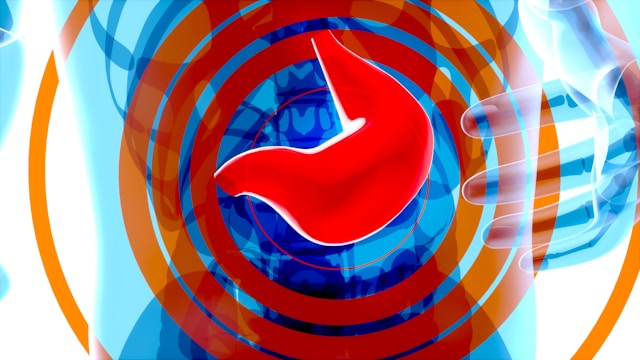Studies on the brain show that chronic alcoholism will cause damage to the cerebellum. The cerebellum is the part of the brain that plays a vital role in an individual’s motor skills, attention span, and language. The good news is that the brain can recover from chronic alcoholism. Scientific American reports of studies that state an individual’s brain that has been damaged by chronic alcohol abuse is capable of being repaired if an individual is able to achieve long-term sobriety.
While it will take time for brain functions to return back to normal long-term abstinence from alcohol is key if an alcoholic’s brain is going to recover. When it comes to recovering from alcoholism one of the problems that exist is a person’s decision-making ability. Chronic alcoholism hinders an individual’s ability to make positive, intelligent decisions and it takes some time and a period of sobriety until a person is able to make decisions that will have positive effects on their life. Many who have been able to recover from alcoholism along with the negative side effects that it had on their brain started their road to recovery by going to an alcohol rehab center. It can take a few weeks to begin recovery.
During substance use disorder treatment, an individual will get the support and guidance to make positive decisions that can be difficult during stages of recovery from alcoholism. They will work closely with therapists to uncover and process the root of their alcoholism. The initial stages of recovering from alcoholism are crucial as it will set the tone for the rest of a person’s recovery path. Similar to how a strong foundation has on how long a house will last the foundation of a person’s recovery from alcoholism plays a major role in how long they will be able to stay sober for. Addiction treatment can set the tone for a recovery that will allow one to achieve long-term sobriety allowing the brain and all of its functions to return back to normal.




